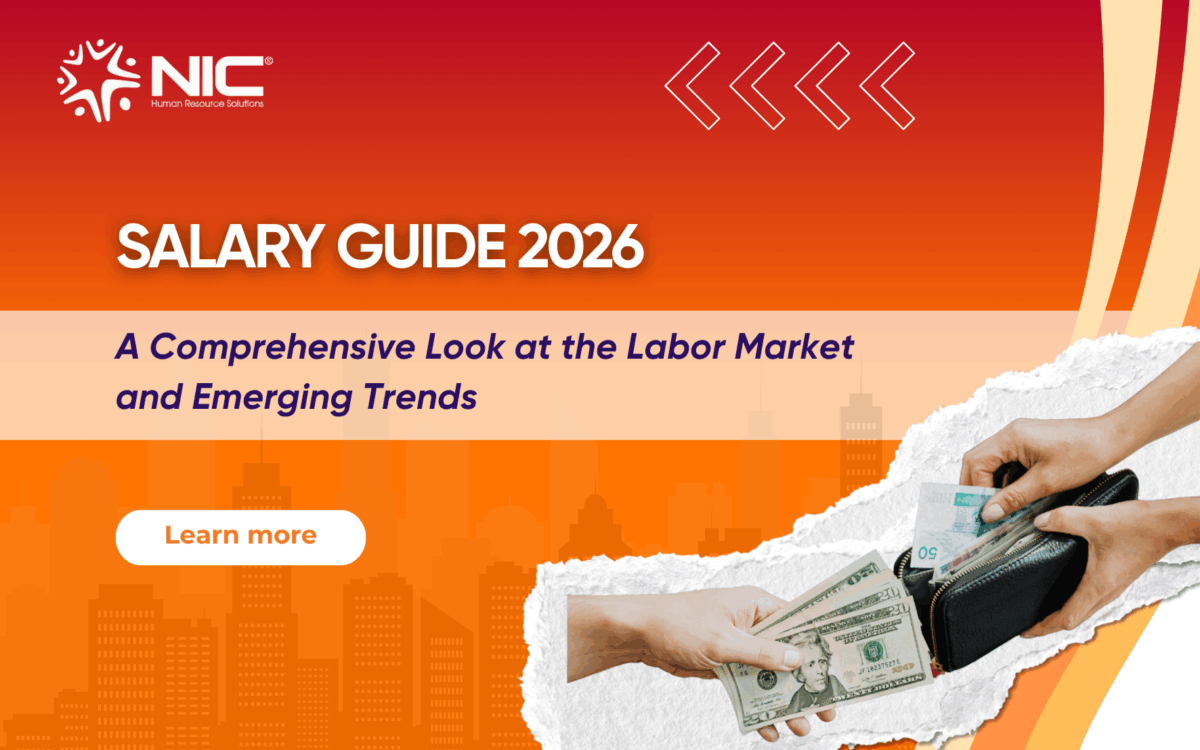Want Employees Back in the Office? Here’s How to Give Them a Reason
4/11/2024
Return-to-office policies can’t be a one-size-fits-all approach anymore. With employees prioritizing flexibility and well-being, companies like Senoko Energy and APB Singapore are proving that the key to success lies in giving employees a compelling reason to return, beyond just productivity metrics
At a recent Google all-hands meeting, CEO Sundar Pichai assured employees that they would not be forced into the office five days a week, unlike Amazon’s newly announced policy. Google’s three-day in-office policy remains intact, with a focus on maintaining productivity on work-from-home days. However, the key takeaway here is that flexibility and employee satisfaction are becoming non-negotiable for today’s workforce.

The Amazon Backlash: A Lesson for Employers
Amazon’s decision to mandate a five-day return to the office starting January 2025 has faced backlash from employees, underscoring a crucial point: Employee needs and preferences must be considered before making any sweeping decisions. The modern workforce has adapted to remote and hybrid work arrangements, and forcing them back into a rigid office schedule without considering their well-being can lead to disengagement and pushback.
Companies that ignore this shift could face higher turnover and reduced morale. Instead, as Asia Pacific Breweries (APB) Singapore has shown, enabling employees to balance work and personal life is essential to retaining top talent.

Flexible Work Arrangements: More Than Just a Policy
For APB Singapore, flexibility is at the heart of their employee well-being strategy. The company has transitioned from a three-day to a four-day in-office policy, believing that the workplace is more than just a physical space. It’s a hub for collaboration, innovation, and fostering a unique company culture. As Shawn Ee, Cluster Head of People at The Heineken Company, puts it, the office is where “ideas flow, relationships strengthen, and the culture comes to life.”
To make the return-to-office experience positive, APB Singapore has implemented several well-being initiatives that encourage a healthier work-life balance. These include:
Email silence on weekends
No meetings during lunchtime or on Friday afternoons
Door-to-door shuttle services for employees
These small changes can make a big difference in how employees view the office and their role within the organization.

Hybrid Work at Senoko Energy: Flexibility Meets Productivity
At Senoko Energy, the largest power generation company in Singapore, hybrid work presents its own set of challenges. However, they’ve found ways to make it work by leveraging technology and focusing on results.
According to Joey Kwek, Head of Division for HR & Corporate Services at Senoko Energy, the company ensures flexibility and productivity go hand in hand by setting clear goals and maintaining open communication. Their definition of hybrid work extends beyond remote work, with policies like Shift Change, allowing plant employees to swap shifts to maintain work-life balance.
Furthermore, Senoko Energy takes a personalized approach by reviewing employee needs on a case-by-case basis. This flexibility has enabled some employees to work part-time, allowing them to manage personal commitments without compromising business needs.

Creating a Compelling Reason to Return
The key takeaway from these examples is clear: Employees need more than just mandates to return to the office. Companies that focus on flexible work arrangements, well-being initiatives, and open communication will be far more successful in attracting employees back to the workplace.
Senoko Energy’s Joey Kwek highlights that employees remain an organization’s greatest asset. By supporting hybrid work and flexible arrangements, companies not only show they care about their teams but also create an environment that helps them retain top talent and attract new hires.
Key Lessons for Employers:
Flexibility is a Priority: Employees want to balance work and personal life, and companies must provide that flexibility.
Well-Being Initiatives Matter: From no-email weekends to shuttle services, simple perks can significantly improve how employees feel about returning to the office.
Communication is Key: Open and transparent conversations with employees help tailor work arrangements to meet their needs.
As organizations continue to shape their return-to-office policies, it’s clear that understanding employee preferences and providing them with tangible reasons to return will be the key to success.
For contact and support:
Facebook: NIC Global – Human Resource Solutions
Linkedin: NIC Global Sourcing JSC
Website: www.nicvn.com
Email: info@nicvn.com
Hotline: 0981.23.43.76
Address:
- Hanoi Office: No. 3A Thi Sach, Pham Dinh Ho Ward, Hai Ba Trung District, Hanoi, Vietnam
- Ho Chi Minh City Office: Dakao Center Building, 35 Mac Dinh Chi, District 1, Ho Chi Minh City, Vietnam
See more:
Payroll service
Staffing service
EOR service





